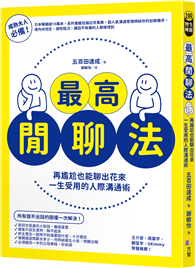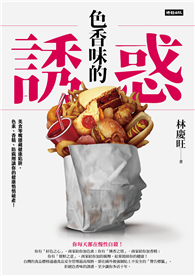This book reads texts of Augustine on the topic of the human body in the context of contemporary debates in philosophical theology and relevant authors from the cognitive science of religion. Martin Claes focuses particularly on Augustine’s special position in the intellectual discourses of Western philosophy (free will, theodicy), theology (grace, incarnation) and humanities (anthropology, political sciences, law), arguing that his written work is an excellent point of departure for a multidimensional scholarly approach.
The reading in this book shows that a different picture emerges if we make the effort to situate Augustine’s mature anthropology within contemporary debates in philosophical theology and cognitive science of religion. Omnipotence, vulnerability, suffering but also purification and perfection are discussed in dialogue between patristic and philosophical theology; the human offers the clue to concepts of unity in diversity in Christ.
| FindBook |
有 1 項符合
On Christology, Anthropology, Cognitive Science and the Human Body的圖書 |
 |
On Christology, Anthropology, Cognitive Science and the Human Body 作者:Claes 出版社:Bloomsbury Academic 出版日期:2022-04-07 語言:英文 規格:平裝 / 144頁 / 普通級/ 初版 |
| 圖書館借閱 |
| 國家圖書館 | 全國圖書書目資訊網 | 國立公共資訊圖書館 | 電子書服務平台 | MetaCat 跨館整合查詢 |
| 臺北市立圖書館 | 新北市立圖書館 | 基隆市公共圖書館 | 桃園市立圖書館 | 新竹縣公共圖書館 |
| 苗栗縣立圖書館 | 臺中市立圖書館 | 彰化縣公共圖書館 | 南投縣文化局 | 雲林縣公共圖書館 |
| 嘉義縣圖書館 | 臺南市立圖書館 | 高雄市立圖書館 | 屏東縣公共圖書館 | 宜蘭縣公共圖書館 |
| 花蓮縣文化局 | 臺東縣文化處 |
|
|
圖書介紹 - 資料來源:博客來 評分:
圖書名稱:On Christology, Anthropology, Cognitive Science and the Human Body
內容簡介
|











